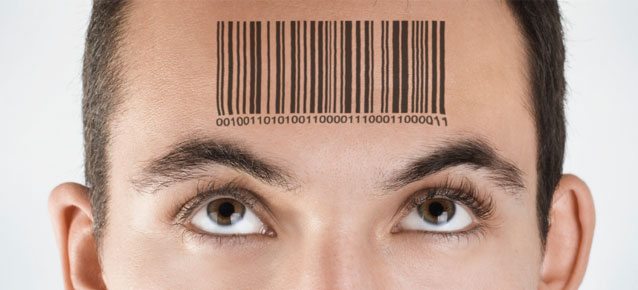
This quote If you’re getting something for free, you are the product has been floating around for a while, and normally is related to Facebook and Google. It’s all about the fact that these companies are selling you to advertisers as clickbait. Facebook, Google, Twitter and others are not free at all. You just think they are because you are the product.
But what about banking?
We all bank for free, or in many countries we do, and yet there is no such thing as free banking. Someone’s paying. Right now, it’s the poor who pay. The people who fall into an overdraft or need loans and credit. In fact, the poorer you are the more you pay. Take a look at payday loan companies or money transmitters. If you’re trying to send $100 from the USA to the Philippines, your family won’t see much of that $100 by the time all the fees and currency transfers are applied.
But this is all about to change.
I’ve been saying for a while that the whole idea of free banking is flawed, and the industry agrees. Many UK bankers will tell you it’s a broken idea, but that the only way it will change will be if the regulator tells the banks to change. After all, no bank wants to break ranks and say hey, here’s a bank account you have to pay for! It’s not a very attractive offer when all the competition is free. So they think they will all have to change to chargeable bank accounts as a whole, and that the system will never change unless the regulator says so.
I disagree, as FinTech is changing the free banking model.
As I blogged about last week, the big tech giants will be targeting the low hanging fruit of finance, namely payments and credit. That is also where many FinTech start-ups have been making a mark such as TransferWise and Zopa. As more and more technology firms eat into narrow areas of banking, the banks will be left holding the expensive aspects of deposit accounts, which will no longer be viable. As a result, technology will force retail banks to end free banking.
I think that’ll be a good thing as it might make banking more equitable. If all of us know how much a payment costs, a money transfer costs, a 36-month loan costs, and we can compare apples with apples – as right now most banks have lemons and oranges – then we will be far more transparency into the system. It’s called the democratisation of finance and it’s happening whether we like it or not.
So, the fallacy of free banking will disappear.
Chris M Skinner
Chris Skinner is best known as an independent commentator on the financial markets through his blog, TheFinanser.com, as author of the bestselling book Digital Bank, and Chair of the European networking forum the Financial Services Club. He has been voted one of the most influential people in banking by The Financial Brand (as well as one of the best blogs), a FinTech Titan (Next Bank), one of the Fintech Leaders you need to follow (City AM, Deluxe and Jax Finance), as well as one of the Top 40 most influential people in financial technology by the Wall Street Journal's Financial News. To learn more click here...

